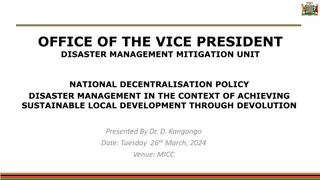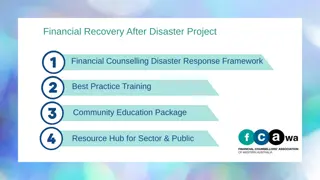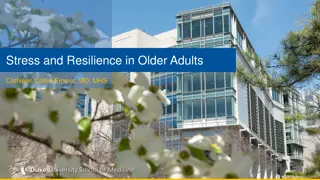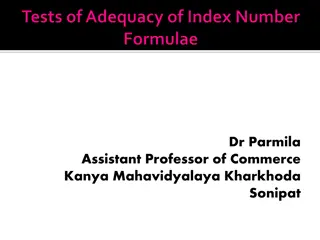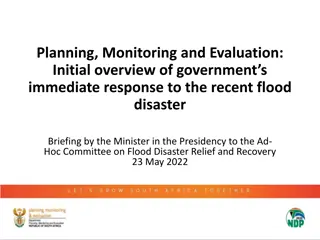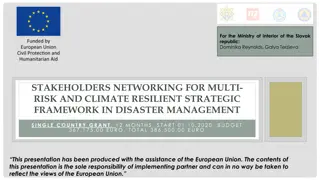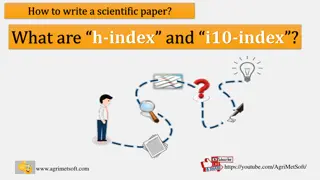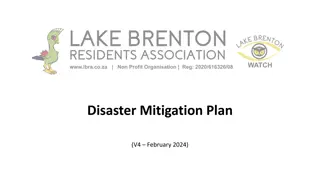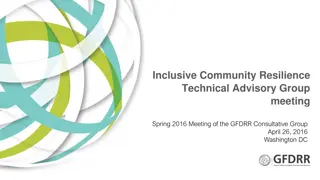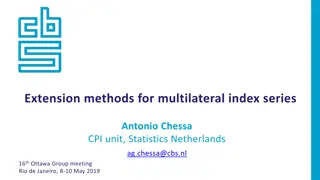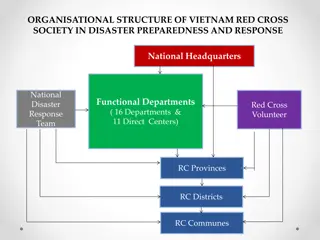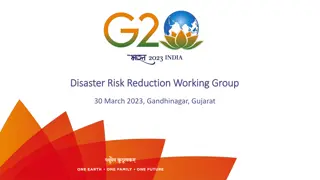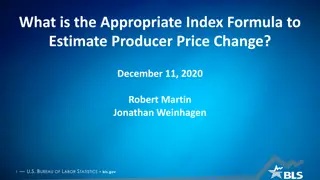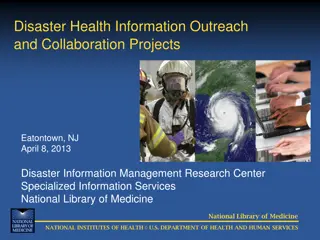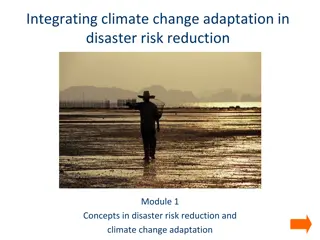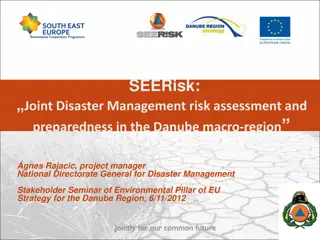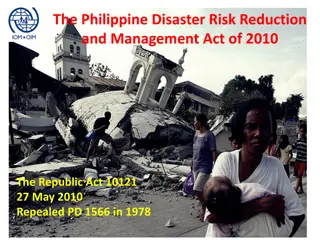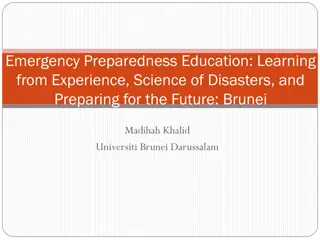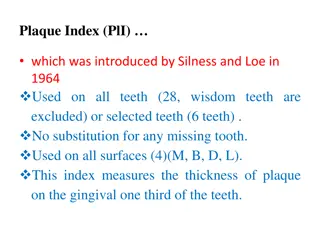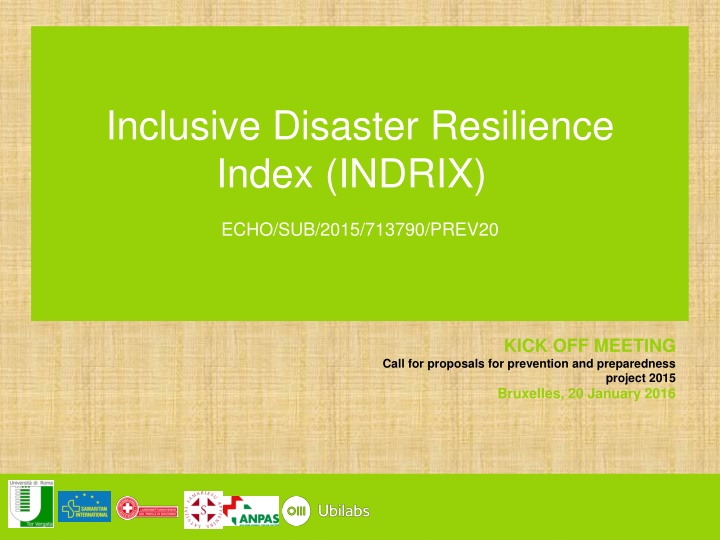
Inclusive Disaster Resilience Index (INDRIX) Project Call for Proposals
The Inclusive Disaster Resilience Index (INDRIX) project aims to enhance urban resilience to natural disasters by integrating findings from previous projects and developing a social resilience index for stakeholder self-assessment. The project focuses on improving the inclusive disaster relief process chain through cross-sector coordination and technological aids, with a duration of two years and a total eligible cost of 544,812.00 EC co-financed.
Download Presentation

Please find below an Image/Link to download the presentation.
The content on the website is provided AS IS for your information and personal use only. It may not be sold, licensed, or shared on other websites without obtaining consent from the author. If you encounter any issues during the download, it is possible that the publisher has removed the file from their server.
You are allowed to download the files provided on this website for personal or commercial use, subject to the condition that they are used lawfully. All files are the property of their respective owners.
The content on the website is provided AS IS for your information and personal use only. It may not be sold, licensed, or shared on other websites without obtaining consent from the author.
E N D
Presentation Transcript
Inclusive Disaster Resilience Index (INDRIX) ECHO/SUB/2015/713790/PREV20 KICK OFF MEETING Call for proposals for prevention and preparedness project 2015 Bruxelles, 20 January 2016
Partners Universit degli Studi Roma Tor Vergata (IT) SAMI - Samaritan International ANPAS - Associazione Nazionale Pubbliche Assistenze (IT) Croce Bianca di Bolzano (IT) Samaritan association of Latvia (LT) Ubilabs (DE) Pagina 2
Final beneficiaries ASB (DE) - Arbeiter Samariter Deutschland AWO (DE) Arbeiterwohlfahrt Bundesverband AUSER (IT) Associazione per l invecchiamento attivo FISH (IT) Federazione italiana per il superamento dell handicap Pagina 3
Indrix Cost Total eligible cost 544.812,00 EC co-financing 408.609,00 Duration: two years Pagina 4
Area of activity Area of activity: Natural disaster - Prevention Priority: Pilot and demonstration projects with replication capacity focusing on urban resilience to disasters. Projects should build upon existing knowledge and good practices (e.g. resilient cities scoreboard and campaign, local resilience forums, local climate change adaptation strategies) Pagina 5
Short description Many projects, on the European, national, and regional level and in various sectors, have already addressed parts of these problems, such as inclusion of people with disabilities in community mapping, accessibility of warning systems, appropriate affairs management in emergency shelters or the training of relief workers for these tasks. In practice, the involved stakeholders have experienced that the cross-sector coordination and integration of the findings in the complete disaster relief process chains is missing or incomplete. INDRIX combines the expertise of NGOs in civil protection and in social services. Together with public civil protection authorities and research partners previous project results will be collected, clustered, mapped and evaluated and combined with knowledge from other similar stakeholders, most importantly from the target group. In the project process a social resilience index (SRI) will be developed to allow stakeholder self-assessment. The index will also support the identification of potential for improvement for a more inclusive disaster relief process chain. As an innovative aspect, technological aides used by the target group are defined as an indicator for inclusion and in consequence for social resilience. Pagina 6
Deliverables and deadlines Pagina 7
Deliverables and deadlines Pagina 8
Deliverables and deadlines Pagina 9
Tentative dates Kick off meeting Rome february 2016 Virtual steering committee April 2016, July 2016, January 2017, March 2017, June 2017, November 2017 Workshop with final beneficiaries and partners Riga August 2017 Final conference Bruxelles January 2018 Pagina 10
Follow up The information gained from clustering the existing projects needs to be kept available. Ideally, this means that the clustering platform will remain online and will be kept up-to-date with submissions from new projects. The SRI and its accompanying self-assessment guidance materials will have to be kept available to interested parties. Pagina 11


